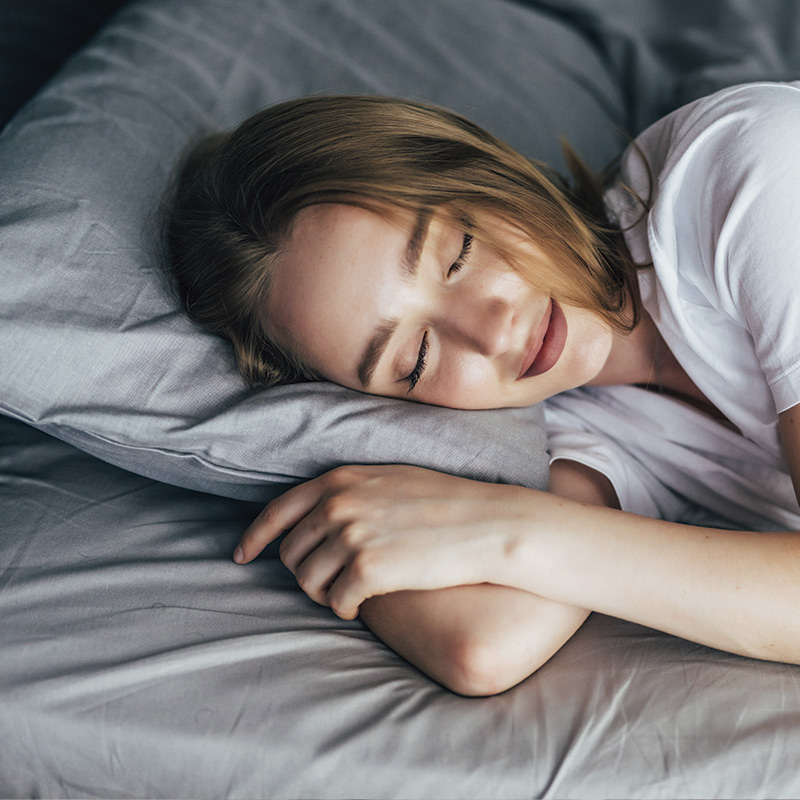Sleep Apnea & Snoring
If you snore, you may have been told that you do by a partner, roommate, or other person who sleeps nearby. Snoring is very common and is usually not an indication of an underlying disorder.
Sometimes, however, snoring can be a sign of a serious sleep disorder called sleep apnea . This means you have periods when you are not breathing for more than 10 seconds while you sleep. These periods of “apnea” are indicated by a long period of silence just after you have been snoring. They are followed by a sudden snort or gasp when breathing resumes. Then, snoring starts all over again. If you have sleep apnea, this cycle generally happens several times a night.
The major risk from this condition is stroke due to the multiple episodes when your brain is not getting enough oxygen. If sleep apnea is suspected, your doctor (or a sleep specialist) can test you for it by doing a sleep study either at home or in a hospital setting.

In most people, the cause is not known. But, in some people snoring is caused by:
- Too much alcohol or sedation (like sleeping pills or antihistamines) at bedtime
- Nasal congestion from colds or allergies, especially if the congestion lasts a long time
- Enlarged adenoids and tonsils that block the airway
- Sleep apnea
- Being overweight, which leads to excessive neck tissue that puts pressure on the airway
- Last month of pregnancy

- Lose weight if you are overweight.
- Cut down or eliminate alcohol and other sedatives at bedtime.
- If the cause is nasal congestion, get a decongestant therapy.
- Avoid sleeping flat on your back. Sleep on your side if possible.Some doctors even suggest sewing a golf or tennis ball into the back of your night clothes. Then, if you roll over onto your back, you are reminded to stay on your side because of the discomfort. Eventually, sleeping on your side is a habit and you don’t need to be reminded.

For mild cases of obstructive sleep apnea, treatment often consists of using methods to avoid sleeping on one’s back. For people with significant nasal congestion, a decongestant therapy may be prescribed. Patients with obstructive and central apnea should avoid central nervous system depressants such as alcoholic beverages, sedatives and narcotics. Weight loss and diet control are encouraged for overweight patients.
Many serious cases of obstructive sleep apnea can be relieved by a treatment called nasal continuous positive airway pressure (nasal CPAP). Nasal CPAP uses a mask-like device and pump that work together to keep the airway open with air pressure during each inspiration. For those patients who cannot tolerate the nasal CPAP, surgical options include UvuloPalatalPharyngoPlasty (UPPP surgery- the shortening of the excess palate and elimination of any tonsillar tissue from the throat). If this does not “cure” the problem, then procedures to move the tongue forward, such as genioglossis advancement or maxillomandibular osteotomy, can be done. Some doctors also believe that radiofrequency ablation of the tongue base can help. So far, laser surgery of the palate has not been shown to help significant sleep apnea.
